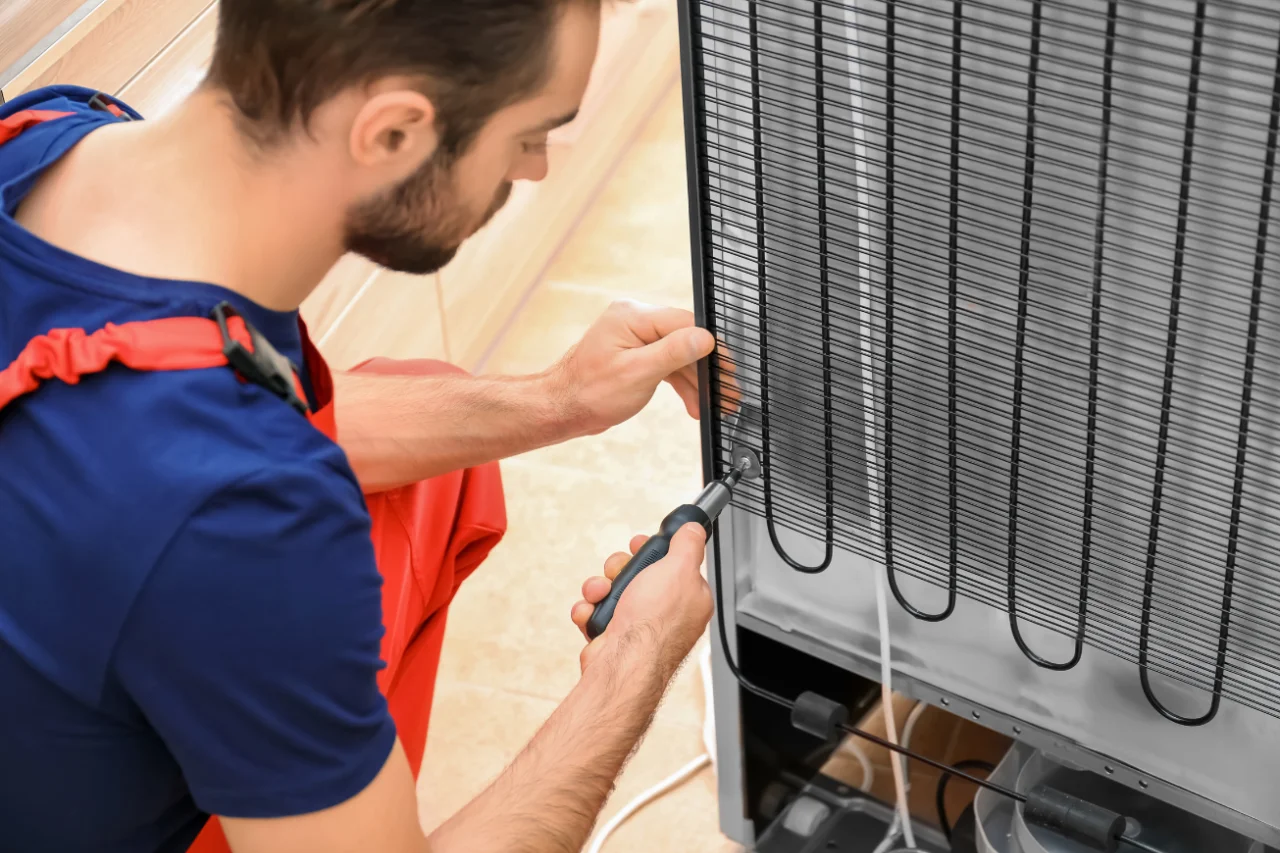Pillar 1
Advancing sustainable lifestyles
Sustainability and environment protection are priorities in Europe’s transition to a climate-neutral region.
Pillar 1
Advancing sustainable lifestyles
Sustainability and environment protection are priorities in Europe’s transition to a climate-neutral region.
APPLiA has been successfully contributing to this change, by pursuing the circularity of the industry and engaging with a wide variety of actors active in the challenge.
Sustainability starts at home. Home appliances improve lifestyles with innovative and resource-saving functions and promote sustainable growth. The home appliance industry provides European households with appliances that make our lives easier by saving time, energy and water, and securing a clean and healthy home environment.
Circularity is enhanced throughout all the life stages of a device: it starts with raw materials followed by the design of the product, then it goes through production, use and consumption, repair, recycling and recovery. At this latter stage, recycled waste is injected back into the economy as a secondary raw material and the cycle begins again.
In a circular economy, products serve their purpose for as long as possible and then are turned into other home appliances or different tools including benches or bicycles, continuing to offer a service to users. This approach entails reducing material usage during production, optimising an appliance’s efficiency during usage, incorporating sustainable materials, designing products for durability, repair, and eventual recovery. There are a variety of ways to drive resource efficiency and manufacture sustainable products that advance the circular economy and a whole new range of sustainable alternatives such as product-as-service models and digital solutions are underway and can contribute to a better quality of life, innovative jobs and upgraded knowledge and skills. These new sustainable goods, services and businesses, together with traditional sales models, can contribute to foster more sustainable consumption patterns.

To advance sustainable lifestyles we must tackle the issue of Europe’s largest growing waste stream: e-waste. By properly recycling e-waste, it is possible to reintroduce precious raw materials found in discarded items back into the economy. This reduces the need for mining, minimises greenhouse gas emissions, and conserves our planet’s natural resources. When household appliances reach the end of their lifespan, they can be recycled to retrieve minerals and materials before being sent back to manufacturers as secondary raw materials. This significantly decreases reliance on primary resources while stimulating a circular economy.
Repair is an integral part of a circular economy. Repair can stimulate a circular economy by extending the lifespan of products, reducing waste, and preserving natural resources. By repairing and reusing products instead of discarding them, it reduces the need for new appliances to be manufactured, which helps to reduce the environmental impact involved with production and consumption. The scarcity of repair workers throughout Europe is increasingly becoming a significant concern. As seasoned and qualified repair professionals are retiring, younger generations are pursuing different career paths. This is compounded by rapid technological advancements, which pose a significant risk of creating a considerable market gap that needs to be filled.
APPLiA’s national associations across Europe have already taken several steps to inspire the next generation to professionally take up the craft of repair. In Hungary, a partnership with local vocational schools has trained 60 young experts, who are now employed full-time in the sector across the country, generating new jobs in Europe and injecting skilled professionals into the market. Slovakia, Poland and Czech are following suit with their very own training programs at national level, equipping schools with household appliances and distributing educational books for teaching and learning purposes.
